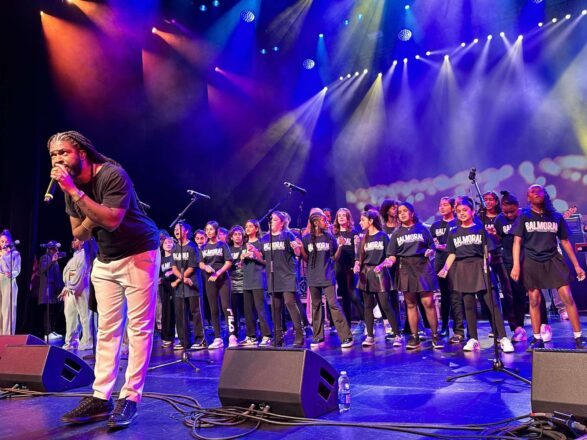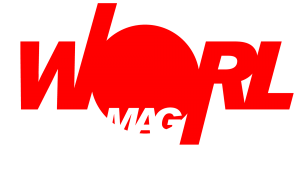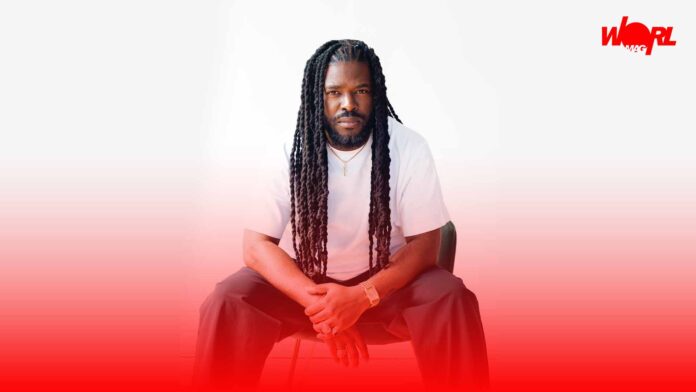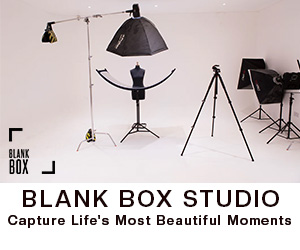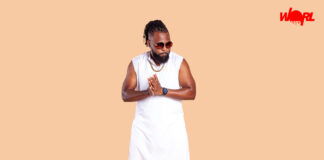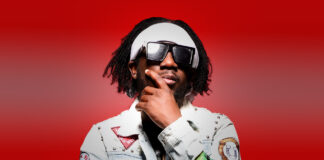From Spanish Town, Jamaica, to the suburbs of Brampton, Ontario, Kirk Diamond has never strayed far from his roots. A Juno Award-winning reggae artist, songwriter, and activist, Kirk has become a pillar in Canada’s reggae revival—bridging the golden era of roots with the urgency of today’s struggles. With a mic in one hand and Haile Selassie’s words in the other, his mission is clear: use music as a vessel for truth, upliftment, and unity. Whether he’s performing globally or mentoring youth in his hometown, Kirk Diamond’s impact resonates far beyond the stage.
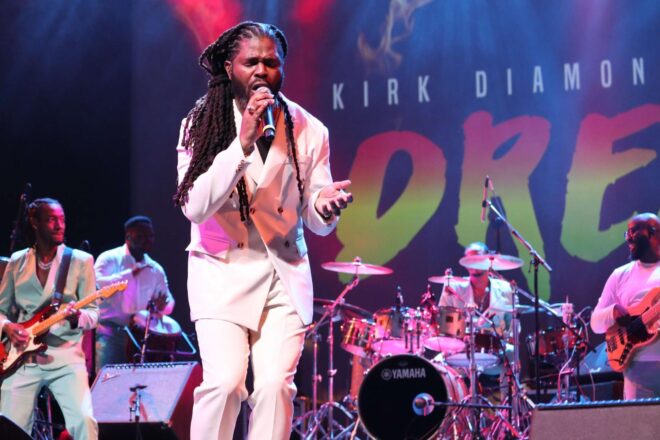
1. You were born in Spanish Town, Jamaica, and moved to Brampton, Ontario, at age 10. How did this transition influence your musical path and identity?
I first moved to Toronto, in an area known as Little Jamaica, before settling in Brampton after high school. There was definitely some culture shock, but music kept me rooted. It grounded me in my Jamaican heritage and ultimately guided me toward this musical path.
2. Growing up, which artists or genres had the most significant impact on your musical development?
Dancehall was always king for me, but growing up in Canada exposed me to Hip Hop, Pop, and even a bit of Rock—just from what was on the radio or what other kids were listening to in school. My biggest influences were Beenie Man, Bounty Killer, and Ninjaman, later Vybz Kartel. From other genres: Biggie, The Fugees, Wu- Tang, and Jay-Z had a big impact on me too.
3. Can you share the story behind forming the dancehall group Don Dem and how that experience shaped your solo career?
Don Dem was definitely ahead of its time. We did everything entertainment, but music was our common thread.Being in a group with such talented people pushed all of us to level up—iron sharpens iron. That experience was my training ground. It gave me the confidence and discipline I carry into my solo career.
4. Your EP Greater, won a Juno Award in 2018 and spent 42 weeks on the charts. What inspired this project, and what does it represent in your discography?
Greater was my way of proving I belonged in this industry professionally. It marked a turning point where major industry leaders began to take me seriously. For me, it represents the official start of my career as Kirk Diamond.
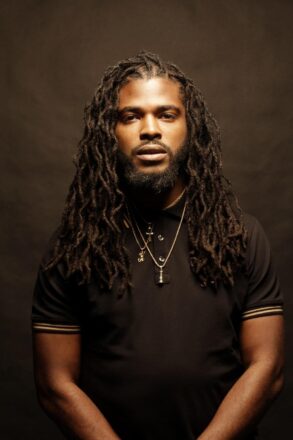
5. What did it mean to you to win the Juno Award for “Reggae Party” in 2023, especially collaborating with young talent like Kairo McLean?
It meant a lot—not just winning the Juno but doing it with Kairo and Finn. Finn believed in my work and respected my talent, and we both put in countless hours. Working with Kairo was my way of strengthening what we have here in Canada—showing that unity and quality can push our reggae scene to global levels.
6. Your album DREAD is described as a tribute to the golden era of reggae. What was the creative process like, and how did you and producer Finn approach its production?
Finn is mainly a hip-hop producer, but his Jamaican background gave him the cultural understanding. We both grew up with similar musical influences, so we drew from what we knew. Our mutual love for classic reggae and dancehall laid the foundation—we just added our unique perspectives to make something fresh and authentic, not just a throwback album.
7. How do you balance honouring traditional reggae roots while appealing to contemporary audiences?
It’s about knowing where the music comes from and understanding what I want to say to a new generation. I bring a modern flow and lyrical spin to classic riddims—things they may think sound “old,” but when delivered differently, it grabs them. It bridges the past with the now.
8. Your music often carries messages of unity and social justice. How do your beliefs influence your songwriting and activism?
Everything I write comes from truth and lived experience. My spirituality and Rastafari philosophy saved my life, so I write from that place. It’s not just music—it’s a reflection of what I believe and how I live.
9. In 2022, a park in Brampton was renamed in your honour. How did this recognition affect you personally and professionally?
Having a park named after me is something you don’t hear about—it’s still unbelievable. I take it seriously. It motivates me to keep working hard and to make sure the honour wasn’t in vain. That’s why I visit schools, mentor students in songwriting, and try to inspire them not just in music, but in life.
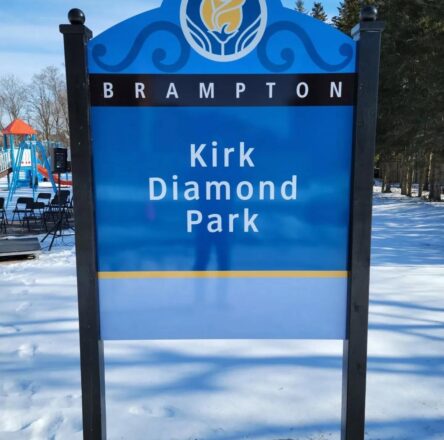
10. You’ve performed in countries like Mexico, the UK, Germany, and Jamaica. How have these international experiences influenced your music and perspective?
Performing around the world has boosted my confidence. It shows me that my message and music are welcomed everywhere—and that’s powerful. It reminds me that reggae is global, and so is purpose.
11. You’ve worked with artists like Tiffanie Malvo and Lord Fury. How do collaborations contribute to your musical growth?
I only collaborate when there’s mutual respect. Every collab teaches me something—whether it’s a different writing style or work ethic. That always inspires me to grow creatively.
12. What advice would you give to young, aspiring reggae artists looking to make their mark in the industry?
Love what you do and do what you love. Define success on your own terms—don’t let someone else’s definition limit you. Find what success means for you, and go after it unapologetically.
13. The single Bring It Good features a ’90s dancehall vibe. What inspired this track, and how was it received by your audience?
Bring It Good was inspired by that early ’90s groovy dancehall—think Shabba Ranks’ Mr. Loverman or Telephone Love. People always celebrate the ’90s era but often forget the smooth, sensual side. That’s what we wanted to bring back.
14. Your band, The Movement of Ahryel, plays a significant role in your performances. How did this collaboration come about, and what does it bring to your music?
The Movement of Ahryel was formed in 2017 by musicians who believed in the message and the mission. We’re more like family than colleagues—and I think that energy sets us apart. It’s love, not just business.
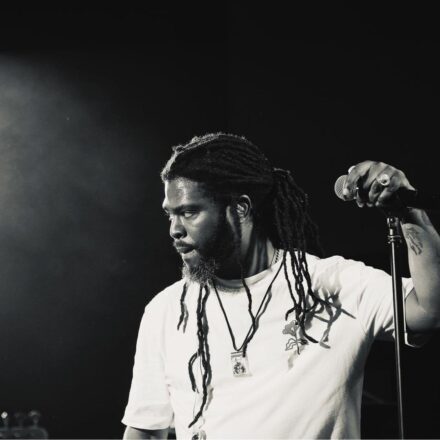
15. How do the philosophies of Haile Selassie and Marcus Garvey manifest in your music and daily life?
I live by their teachings every day. They guide my morals and decisions. Because I write from personal experience, those philosophies naturally show up in my lyrics. It’s all part of finding myself and helping others do the same.
16. Being the first reggae artist to host ETALK Canada is a notable achievement. How did this opportunity arise, and what was the experience like?
I got a call that they wanted me to speak on a few important topics. I think the music I make—and the values I stand on—made them feel I could speak to those issues in a meaningful way.
17. During the COVID-19 pandemic, you released Let It Be Done. What message were you aiming to convey through this song?
Let It Be Done came from a place of confusion. We were in a pandemic and also deep in global protests against police brutality. The world felt heavy. The song became a prayer—a message of hope in the middle of chaos..
18. Are there any upcoming projects or collaborations you’re excited about and can share with us?
Yes—my new album Poetic Revolution is done. It features collaborations with Imeru Tafari (Queen Ifrica’s son) and Chris Rivers (Big Pun’s son). I also wrote a book to go with the album that tells the stories behind the songs.
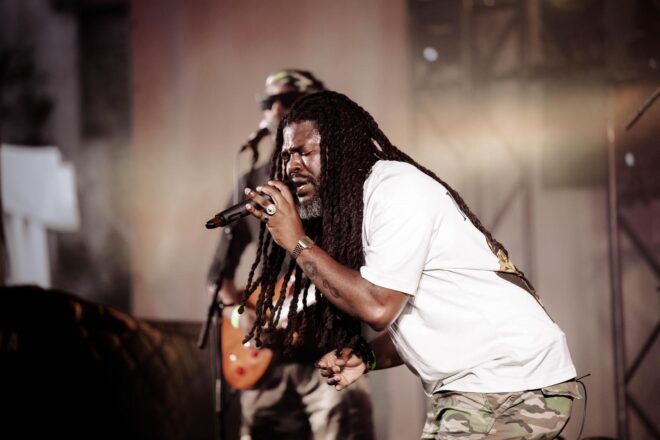
19. How have you seen the reggae scene evolve in Canada since you began your career, and where do you see it heading?
It’s definitely growing. Social media has helped artists gain visibility and connect with fans. When I started, it was rare to see someone make a living off reggae here. Now it’s happening. We’re building something, and I believe international recognition is coming for Canadian reggae.
20. What legacy do you hope to leave in the world of music and beyond?
I hope my legacy is that I opened doors—so the next generation can walk through and be great.
Contacts/socials
info@kirkdiamondmusic.com | Instagram: @kirkdiamond | Facebook: @kirkdiamondmusic
